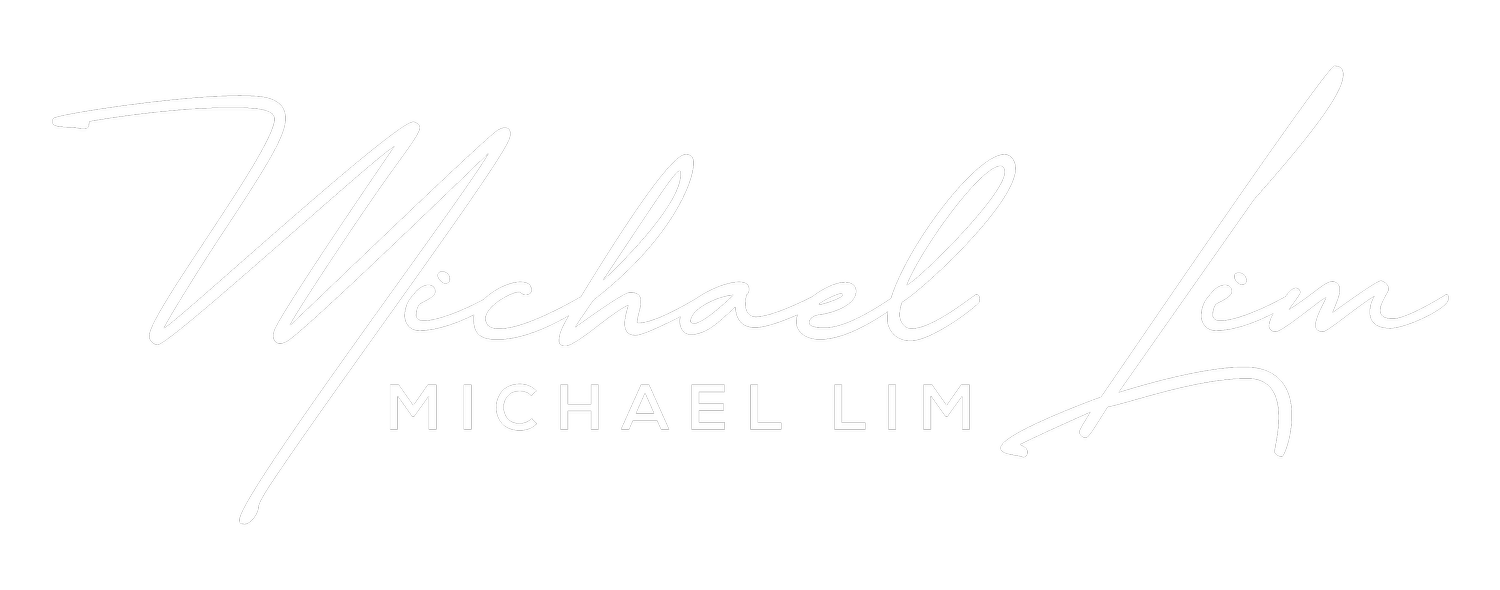How To Get Ahead of 99% of People In 12 Months That No One Talks About.
It’s harder to be average than to be extraordinary.
Photo by the blowup on Unsplash
By definition, being average is more competitive.
It’s where the majority of the population lives.
You compete for the same mediocre jobs.
You compete for the same raises that don’t match inflation.
You compete for the same status signals — biggest house, newest car, latest iPhone.
The average is safe. Uncertainty is controlled. Risk is eliminated. While comfortable, nothing meaningful grows in this environment.
But with a few simple changes in habits and mindsets, you can join the top 1% of high-value people.
“Bigger Goals = Less Competition” — Tim Ferriss.
#1: The Biggest Challenge About Getting Ahead.
Starting small enough.
Starting small is not about setting low expectations.
It’s about building momentum.
When you have a big goal, small wins are the tinder (not swipey-swipe dating app) that sparks the forest fire that engulfs everything in its path.
When you have a big and ambitious goal, think about how you can:
Break it down into a 2-min habit.
Make it as easy as possible to execute.
The 99% think in black and white.
You do it 100% or not at all. Wrong.
This mindset creates procrastination. And procrastination (also called perfection) prevents you from starting.
The 1% are humble enough to start small. But ambitious enough to think big. Remember that the journey of 1,000 steps begins with the first step.
A habit needs to be established before it can be improved.
#2: Most People Don’t Control This Factor In Their Life.
Friction is the difference between a rock rolling down a hill or staying in the same spot.
That’s like your life. The friction you do or don’t have determine if you do or don’t achieve your goals in 2023.
For establishing good habits, reduce friction.
Find a gym that is walkable to your house.
Put a book beside your bed.
Set out your exercise gear the night before.
Reducing friction makes a good habit the default.
For breaking bad habits, increase friction.
Hide your phone until 11:00am and again after 8:00pm.
Donate to a political party you don’t like when you fail to exercise.
Unplug your TV or completely remove it from your room.
Increasing friction makes a bad habit harder to do, reducing its likelihood.
The 1% intentionally design their lifestyle.
The 99% let their lifestyle design them.
You first control friction, and then friction controls your habits.
#2: Control Your Social Environment.
Everyone knows they are the average of the five closest people to them.
Yet they still decide to hang around losers. Sorry, not sorry.
Surround yourself with three types of people:
Peers you can grow with.
Mentors you can learn from.
Mentees you can teach to.
Every professional athlete has a coach that grows them, competitors that challenge them, and junior training partners they teach.
The 99% hang around brokies and those who make them feel comfortable.
The 1% hang around high-value people and those who challenge them to keep growing.
You are no different. You can’t outgrow your environment. Evolve or repeat, it’s your choice.
#3: Observe, Reflect and Build Perspicacity.
Perspicacity is a fancy word for reverse engineering success.
Rather than get jealous of someone’s success, question it.
Whenever I see a viral article on Medium, I ask myself:
What did they do well in their title?
What thumbnail image did they use?
Why was their introduction so catchy?
How did they keep my attention?
Why did it resonate with me so much?
When you can deconstruct success, you gain access to the first principles that made success happen.
Then you can recreate that success for yourself.
Don’t steal. Don’t copy. But mimic.
I observe other successful writers’ strategies and tactics and repurpose them for my context.
You can do this for everything. Interrogate why a business is successful. Observe charismatic people in a social setting.
The 99% accept life at the surface level.
The 1% question everything until they understand concepts at a first-principle level.
When you can question things at a deep level, you get access to deeper answers.
#4: Think Like A Bloody Mad Scientist.
Treat your life like a series of experiments.
Ideate on new ideas.
Rapidly build prototypes.
Constantly test whether they work.
Iterate on what went well. Stop what didn’t go well.
I’ve applied this to building my personal brand.
I wanted to grow my online presence (idea)
I hypothesized my ideal audience would be on LinkedIn (prototype)
I challenged myself to post 5 times a week for 4 weeks (test)
I observed which content flopped, and which content went viral and listened for feedback on how to improve (iterate)
Since 2020, I’ve been able to attract over 1.5+ million views to my profile, received many board offers, and built my six-figure consulting business.
None of this would have been possible if I had stopped ideating, building, testing and iterating as any half-good scientist would.
The 1% are running multiple experiments and tests. They never stop moving.
The 99% don’t like uncertainty, so they never do anything new. Therefore, they never grow.
As Naval Ravikant says,
“You want 10,000 iterations, not 10,000 hours.”
#5: Understand Failure Is Inevitable, and Learn To Build Resilience.
If you want to achieve what most people can’t, you have to do what most people won’t.
This means encountering setbacks, failures and bumps along the journey.
I won’t lie.
Failures f*cking suck. That feeling of being metaphorically punched in the face can sting for weeks.
The pain of changing and growing hurts. The anxiety of uncertainty can be intense. The constant risk-taking can be overwhelming.
But do you know what hurts more?
The pain of staying the same.
The 99% choose the pain of staying the same.
The 1% choose the pain of change.
Choose your pain wisely.
The TLDR roadmap
Average actions build average results.
To be exceptional:
Start small
Be careful who’s around you.
Question everything. Even your own deeply held beliefs.
Build a portfolio of experiments.
Learn to bounce back quickly.
Nothing fancy.
All meaningful.
__________________
If you enjoyed this article, you can connect with me HERE.
You can also support more of my work by becoming a Medium Member using my referral link: michael-lim.medium.com

